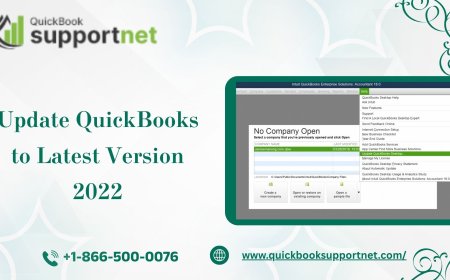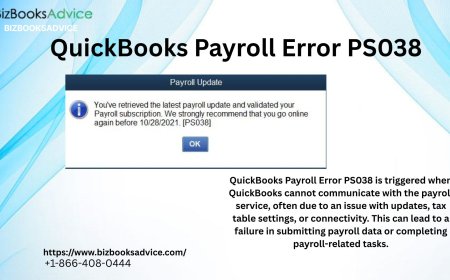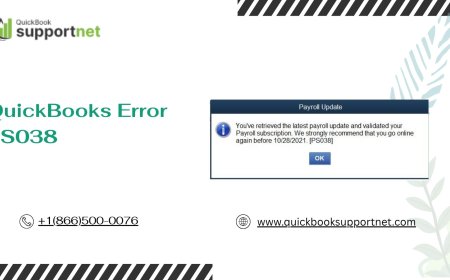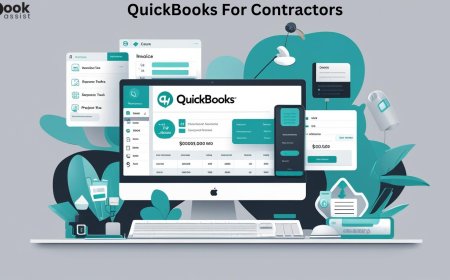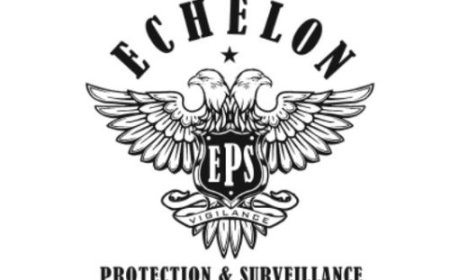What documents are needed for an office for rent in Qatar?
Renting an office in Qatar involves more than just finding the right location and signing a lease. It requires a clear understanding of the legal and procedural requirements to ensure your business operates smoothly and within the framework of Qatari law. This article outlines all the key documents and steps required to complete the rental process efficiently and legally.
Business License or Commercial Registration (CR)
The cornerstone of setting up any business in Qatar, including renting an office space, is obtaining a valid Commercial Registration (CR) from the Ministry of Commerce and Industry (MOCI). The CR proves that your company is legally registered to conduct business in Qatar. Without it, you cannot legally sign a lease agreement or engage in any commercial activities.
To get a CR, youll need:
-
A business trade name reservation
-
Articles of association
-
Proof of a physical address (the very office you are seeking to rent)
-
Shareholder IDs or passports
Since a CR requires an office address and you can't get the office without a CR, many businesses first rent a virtual office or temporary space to meet this legal requirement.
Trade License
A Trade License is another critical document issued after securing a CR. It certifies that your business is permitted to operate at a specific location. This document requires a valid tenancy contract and is issued by the Ministry of Municipality.
To apply for a trade license, youll need:
-
A copy of the tenancy agreement
-
Layout plan of the office space
-
A copy of the building completion certificate
-
Municipality approval of the office location
Its important to ensure the office space meets all the municipalitys requirements, including zoning laws and minimum space requirements per employee.
Tenancy Agreement
The tenancy contract (or lease agreement) is a formal contract between you and the property owner. This agreement specifies the terms of rent, lease period, renewal conditions, and termination clauses. It is a legally binding document and must be registered with the local municipality for the trade license application.
Your tenancy agreement should include:
-
Company name and CR number
-
Full details of the landlord
-
Rental amount and payment terms
-
Lease duration and renewal conditions
-
Space dimensions and layout
-
Description of facilities provided
Always ensure the landlord registers this agreement with the concerned authorities, as unregistered contracts can cause issues later.
ID and Passport Copies of the Company Owner(s)
Every rental agreement and business license application must be supported by copies of valid Qatari IDs or passports for the business owners and authorized signatories. These documents are used for identity verification and background checks.
If the business owner is a foreign national, a residence permit (QID) is also required. For corporate entities, documents of the parent company or partners, including authorization letters, are often needed.
Municipality Approval
Before finalizing your office setup, you must secure approval from the local municipality. This includes inspections and verifications to confirm that your selected office space is suitable for business operations and meets health, safety, and zoning regulations.
Municipality officers may inspect:
-
Fire safety compliance
-
Parking availability
-
Proper signage
-
Emergency exits and lighting
-
Workspace adequacy for your business type
Failing to get this approval can delay your license and limit your operational capacity.
Office Layout and Fit-Out Plan
For trade license approval, a detailed office layout plan is often required. This document, typically prepared by a licensed architect or engineer, outlines how the space will be used. It includes the arrangement of desks, meeting rooms, workstations, reception, and emergency exits.
The plan should also demonstrate that your office setup meets the legal space-per-employee ratio and adheres to health and safety norms set by the municipality.
No Objection Certificate (NOC)
In many cases, a No Objection Certificate (NOC) is required from your landlord or building management. Some authorities also require an NOC when modifying or customizing the office interiors.
In buildings with mixed-use zoning or residential offices, an NOC becomes especially crucial to avoid legal complications.
Fire Safety and Civil Defense Certificate
Commercial properties in Qatar must comply with strict safety regulations. Before receiving final approval for your trade license or operating your office, you may need a Fire Safety Certificate issued by the Civil Defense Department.
This certificate confirms the presence of:
-
Fire extinguishers and alarms
-
Emergency lighting and signage
-
Adequate exits
-
Fire-resistant materials (where required)
Often, a Civil Defense inspection is conducted, and compliance must be ensured before the certificate is granted.
Proof of Payment (Rent and Security Deposit)
Another vital document is the proof of payment, including receipts for the first rent installment and any security deposit. These documents are part of your financial audit trail and may be required during business setup inspections or bank-related procedures.
Make sure to retain:
-
Copies of cheques issued
-
Payment receipts signed by the landlord
-
Bank statements confirming transaction details
These serve as protection in case of future disputes and are often necessary when dealing with legal or financial institutions.
Bank Statement or Letter of Financial Capability
Some landlords or authorities may request a bank statement or financial capability letter to ensure your business can sustain rental payments. This is especially common for new startups or foreign businesses establishing a branch in Qatar.
A bank reference letter confirming your companys account status and liquidity can ease the rental negotiation process and boost your credibility.
Authorized Signatory Document
If the individual signing the lease is not the business owner, a Power of Attorney (POA) or Authorized Signatory Document is needed. This document proves the individual has legal authority to represent and bind the company in contract matters.
Without this, your lease agreement may be considered invalid by regulatory authorities.
Internal Link Context
Before renting a physical office space, it's essential to understand the average living expense in Qatar, especially if youre relocating staff or setting up a new team. Office costs are a part of a larger financial picture that includes housing, utilities, and transportation. Reviewing this can help you plan better and choose an office location that aligns with both business needs and employee comfort. For more on this, explore the average living expense in Qatar to make informed decisions beyond just rent.
Final Thoughts
Securing an office for rent in Qatar is a structured process that involves careful documentation and regulatory compliance. From the commercial registration to municipality approval, every step plays a role in legitimizing your business and ensuring a smooth operational launch.
Its crucial to engage with experienced property consultants or legal advisors familiar with Qatari real estate laws to guide you through the process. Having all the right documents not only speeds up approval but also establishes your business as credible and legally compliant in a competitive market.
For general understanding about Qatar's legal system and economy, these references may also be helpful:
Each piece of documentation plays a role in building a strong foundation for your companys presence in Qatar. Start with clarity, proceed with accuracy, and your business will have the structure it needs to thrive.














